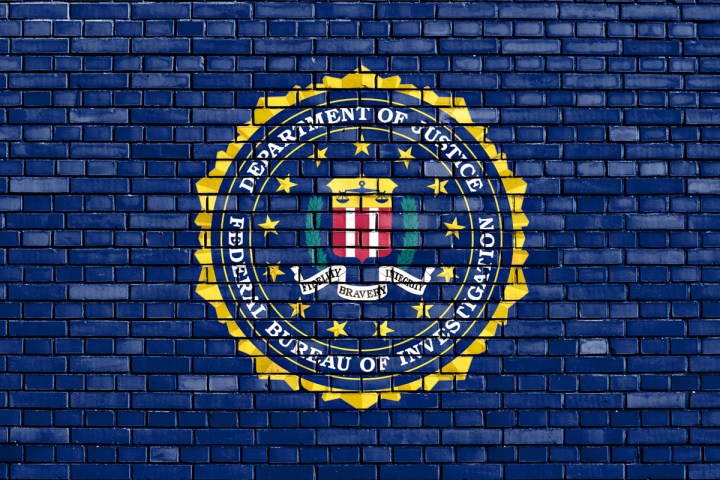
However, the bureau’s reasoning didn’t stop Georgetown from highlighting potential dangers, including the impact on free speech, personal privacy, and the ability to avoid unreasonable searches and seizures which may stem from access to such a database. According to the 150-page report, roughly 25 percent of state and local police outfits have access to a facial recognition database capable of scanning for driver’s licenses or specific IDs. Perhaps the most startling point made by Georgetown’s report is the fact many of these troves of data are largely unregulated and, as the report put it, “out of control.”
Georgetown Law’s report was the work of Electronic Frontier Foundation — a nonprofit dedicated to “defending civil liberties in the digital world” — which directed attention to the FBI’s work a few years after it began.

Back in 2014, the EFF filed a Freedom of Information Act lawsuit urging the FBI to release data on its as-of-then unprecedented push to establish a facial recognition database. Staring down the barrel of a lawsuit, the FBI obliged the EFF and released a slew of documents depicting its work on an initiative called Next Generation Identification — or NGI.
An advanced identification network built on the back of the FBI’s current fingerprint database — which boasted more than 100 million records as of 2011 — NGI aimed to include additional biometric data such as iris scans, palm prints, and (our feature in question) facial recognition. Once this data is compiled, NGI associates it with someone’s name, address, age, race, driver’s license number, and more. During EFF’s original inquiry, it was expected that this facial recognition database would contain roughly 52 million faces by the end of 2015.
It’s clear NGI not only hit this lofty goal but has wildly eclipsed it in the years since.
As of now, the FBI has legal clearance to use its software to search for driver’s license information in 26 states. Of course, the hope is that the bureau — or any law enforcement agency with database access — resorts to merely using this futuristic capability in specific times of need such as to help with a criminal case or track someone actually worthy of being tracked.
Despite the good intentions of the FBI, it wouldn’t be the least bit unexpected to see a bit of worried backlash in light of Georgetown’s report. Considering the fact the NGI system originally planned on grouping criminal and non-criminal facial information together — a feature first uncovered during EFF’s FOIA lawsuit — there may be reason to be ill at ease about its use.
Editors' Recommendations
- Facial recognition tech for bears aims to keep humans safe
- This ‘pay-by-face’ system could be the future of your wallet
- U.S. studies new facial recognition tech built with masked faces in mind
- Experts: Facial recognition will be everywhere, whether you like it or not
- Democratic lawmakers propose nationwide facial recognition ban


